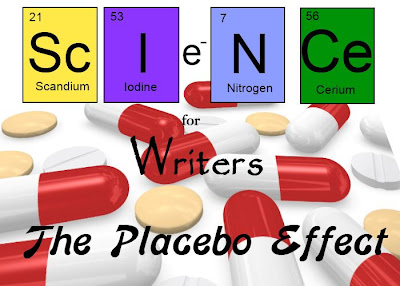 |
| Science for Writers: Newton's Second Law 'Apple on books' from stockvault.net. Science for Writers Logo and text created by me. |
I have put important words in bold. These words are important in physics and I will refer to them throughout the post. It isn't overly important for you to know the exact meaning, so long as you get the gist of what I'm talking about you will be fine following this post.
Writing Links are in italics and these discuss how the science could be used in writing.
What does it state?
Law II: The alteration of motion is ever proportional to the motive force impressed; and is made in the direction of the right line in which that force is impressedLets break it down before going further:
- Alteration, means change.
- To motion is movement.
- Proportional means a change in the first thing causes a change in the second.
- A motive force is what makes something move
- The right line means the direction in which the movement is happening
- Impressed means acting on the object
Now we've split it up, it is easier to understand. In actuality it is just a wordy way of saying, 'the amount an object's motion changes is equal to the force making it change'.
As with all good laws in physics there is an equation to go with it.











